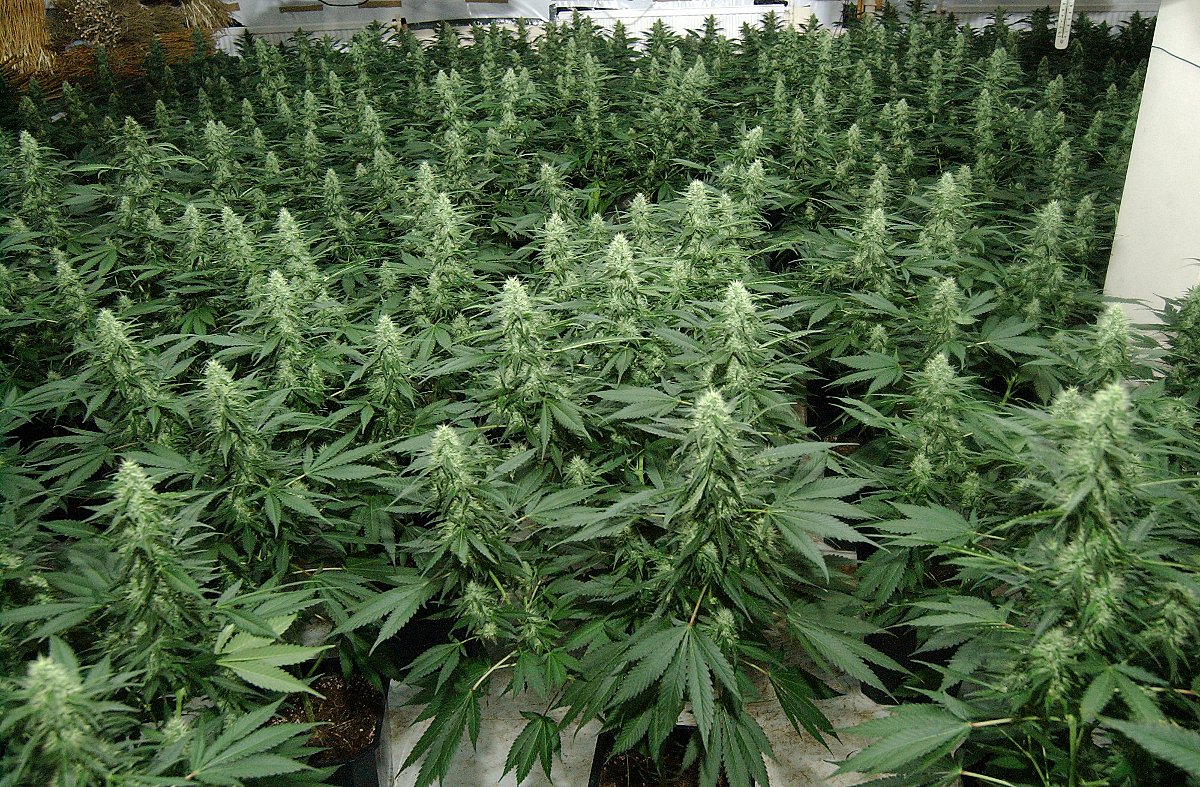A Capital Idea - turning nominal ownership into real ownership
By giving capital funds to everyone, they would provide something which the poorest third a currently lacking – a capital pool that grows over time and could provide a cushion against some of life's contingencies. Each account would be the property of the owner. Instead of dying with them as many pensions do, it would be a heritable asset whose full value could be passed on to their children or to other heirs and successors.












